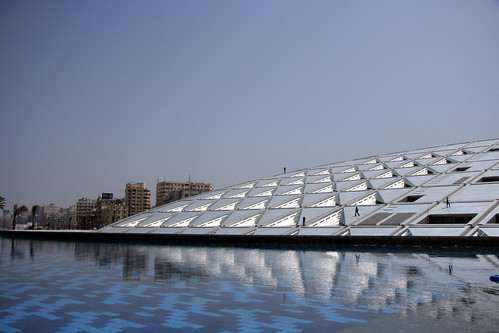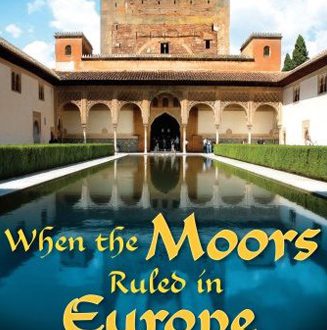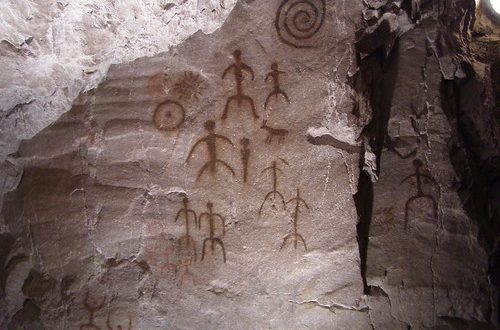 Britain might be staring a hung parliament in the face, but Heritage Key’s election has quickly become a two-horse race. And with just a few hours to go ’til the votes are counted in our grand finale (alas, no Jon Snow and his ever-brilliant green-screenery), it’s time to swot up on Alexander the Great’s manifesto.
Britain might be staring a hung parliament in the face, but Heritage Key’s election has quickly become a two-horse race. And with just a few hours to go ’til the votes are counted in our grand finale (alas, no Jon Snow and his ever-brilliant green-screenery), it’s time to swot up on Alexander the Great’s manifesto.
Alexander was born in Pella, modern-day Greece, in 356 BC. His father Philip II was already one of the Macedonian Empire’s greatest kings, and was determined that his son would make the nation even greater. A rigorous education ensued, during which Alexander was even afforded personal tuition at the hands of Aristotle. Soon he was a feared military man and canny diplomat, and was handed power aged just 19 in 336 BC upon his father’s death.
Brandishing a terrifying army and unrivalled oratory skills Alexander forced his way past the Persians into Egypt, Mesopotamia and Bactria, but stopped short of conquering India. Nonetheless by his death Alexander had built one of man’s largest empires, and with it immortality.
Alexander the Great’s Manifesto
Defence
Defence is a big priority for Alexander. He spent up to double his empire’s tax revenues on the army, but in fairness the results were spectacular. Though diplomacy was the first option, anyone who would not be Greek was a ‘barbarian’ and dispatched as such.
Alexander conquered lands such as modern Iraq and Afghanistan with incomparable ease. His army were never left untrained or poorly-equipped – a residue from his father’s reign. Yet there was another reason other than the spread of empire that Alexander advanced so far east, stopping only at India. His empire fed on taxes from newly-acquired peoples, so expansion was crucial.
The Economy
Philip II of Macedon left Alexander a huge amount of national debt, helped in no way by the voracious appetites of his military. Because he needed money to bribe and appease his way eastwards, high-ranking officials and noblemen were instead given land and taxes in lieu of payments. As in today’s economic meltdown, Alexander was pledging the future of his empire, and by the time of his death that empire was descending into turmoil.
Still, noblemen were not allowed to run riot, and there are several instances where Alexander came down extremely hard on those he thought to be milking his economy a little too much. God only knows what he’d have done if one of his courtiers had spent his war chest on a duck house or a moat.
Education
Alexander had a profound effect on education throughout his conquered lands. Greek culture was already world-renowned when he came to power, but he made it a priority to spread the word by establishing wider democracy and building theatres, gymnasia and commerce.
Alexander’s exploits were even the foundation for the European Renaissance some 1,500 years later thanks to the mixing of Arab and Greek literary works. He even built the city and chose the site on which the legendary Library of Alexandria, the pantheon of ancient intellect, could be founded.
Foreign Affairs
Alexander’s view towards foreigners was a paradoxical one. He may have pre-dated the civil rights movement by over two thousand years with his famous speech at Opis (later Ctesiphon) in 324 BC, in which he noted no distinction between Greeks and barbarians, and that the best will govern regardless of their race. Yet Alexander’s armies maimed, killed and destroyed their way past continents of nations pursuing Greek domination. Thus it could be said that Alexander’s foreign affairs motto was something like, I accept anyone, as long as they agree with me.
Other Policies
One unsung policy Alexander introduced was to make shaving of the face compulsory among his men for the first time in history. He believed this would increase chances of survival in battle as enemies couldn’t pull on their beards during battle.
Convinced? Check out the opposition’s manifesto here, or go ahead and VOTE NOW!





